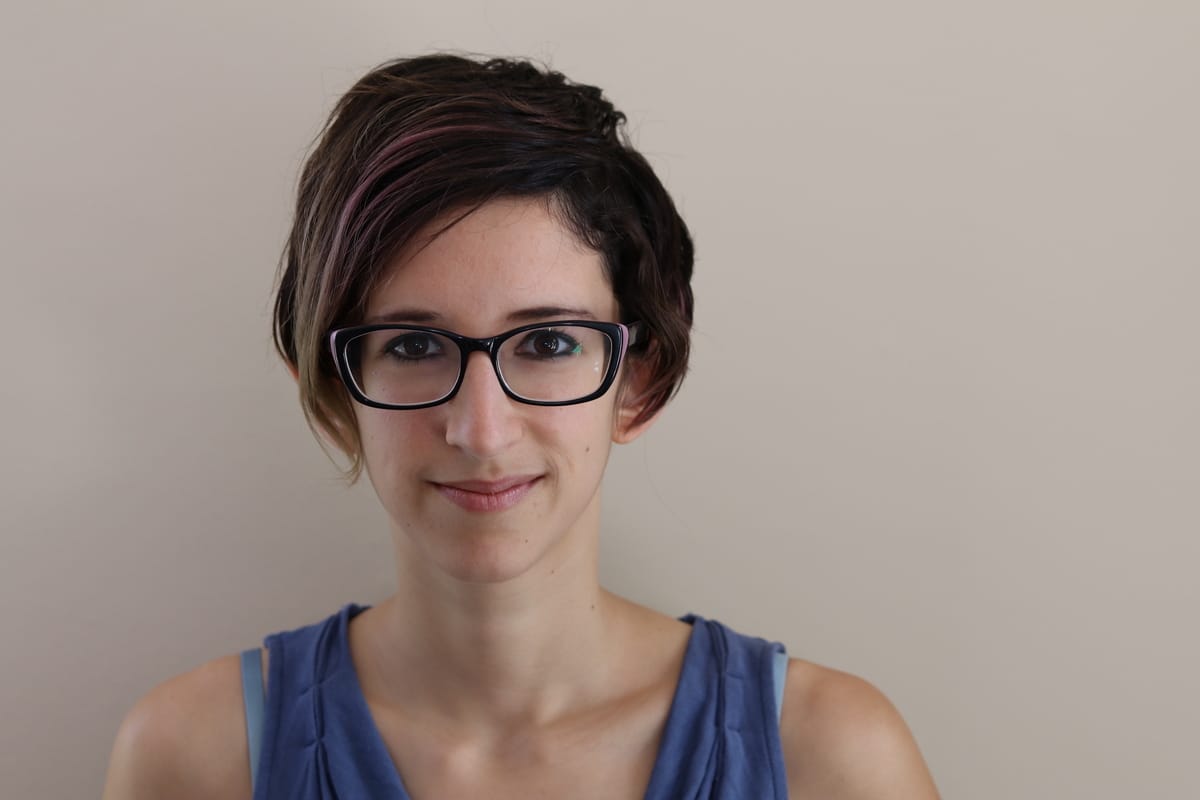
Women work at one of the "colonies" in this teaser trailer for Season 2 of The Handmaid's Tale. Credit: Handmaid's Tale Wiki
This post contains spoilers for Hulu's The Handmaid's Tale
In Hulu’s The Handmaid’s Tale, inspired by Margaret Atwood’s 1985 novel, a group of fundamentalist Christian radicals overthrow the US government and replace it with the oppressive theocracy of Gilead. In its early days, the show won praise for its chilling portrayal of how religious extremism can erode women’s rights—a theme that remains all too relevant in today’s post-Roe world.
But a political revolution as dramatic as this one doesn't just happen in a vacuum: It needs a crisis to occur. In the world of The Handmaid's Tale, the crisis is both simple and terrifying: Most people on Earth have become infertile thanks to a mix of infectious diseases, pesticides, and pollution. Gilead is, in other words, a horrific response to environmental calamity—and a stark warning about how far-right extremists known as ecofascists might really try to "fix" our ailing planet.
Join the Important Membership to read the rest.
Members get access to every essay from The Science of Fiction -- and everything else we make, too.
Start Your 30 Day Free TrialBenefits include:
- Your choice of our critically-acclaimed newsletters, essays, and podcasts
- A welcome sticker pack!
- Ad-free everything
- Your WCID profile: Track and favorite your actions while you connect with other Shit Givers
- Vibe Check: Our news homepage, curated daily just for you. Never doomscroll again
- Lifetime thanks for directly supporting our work


